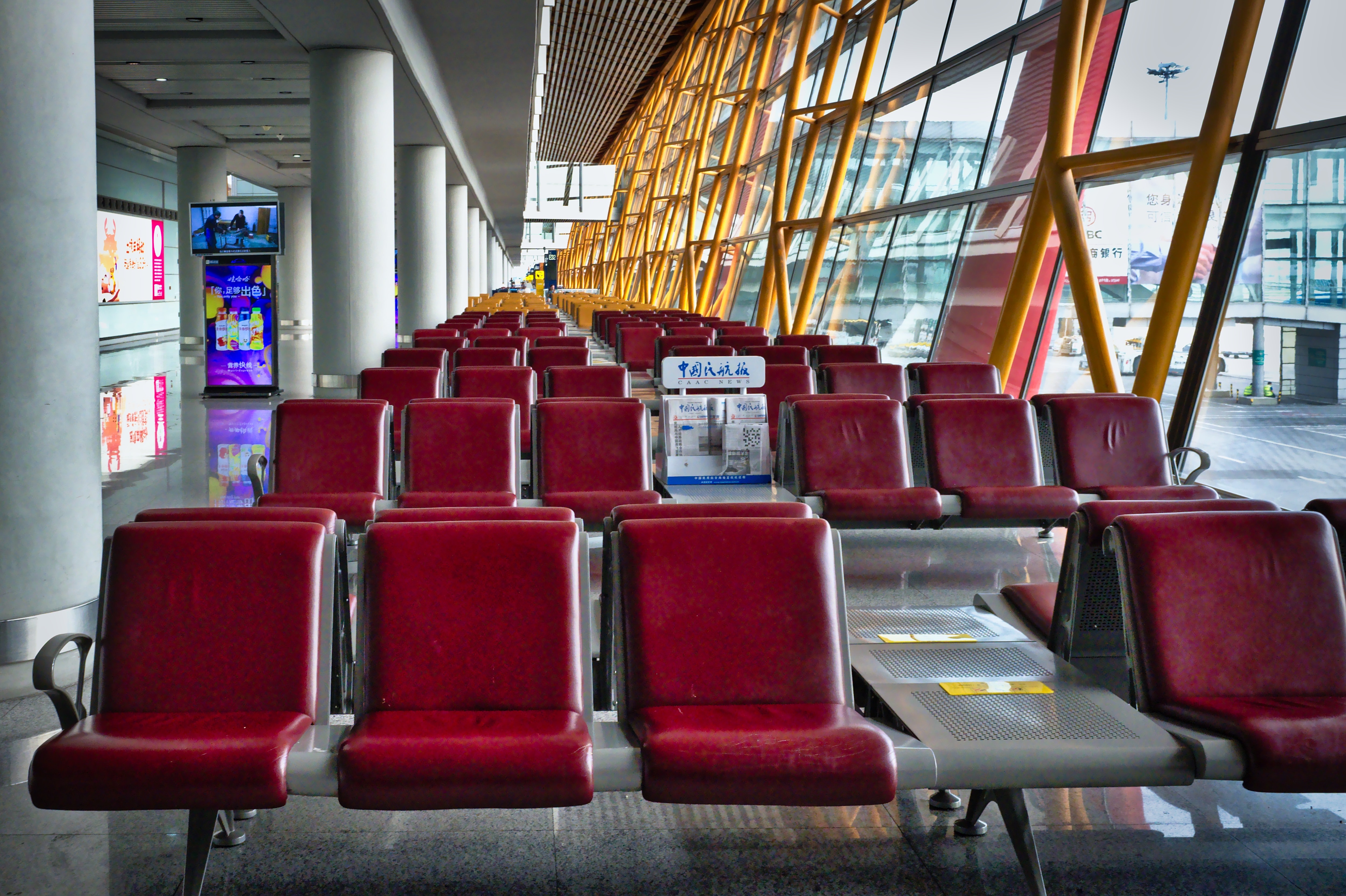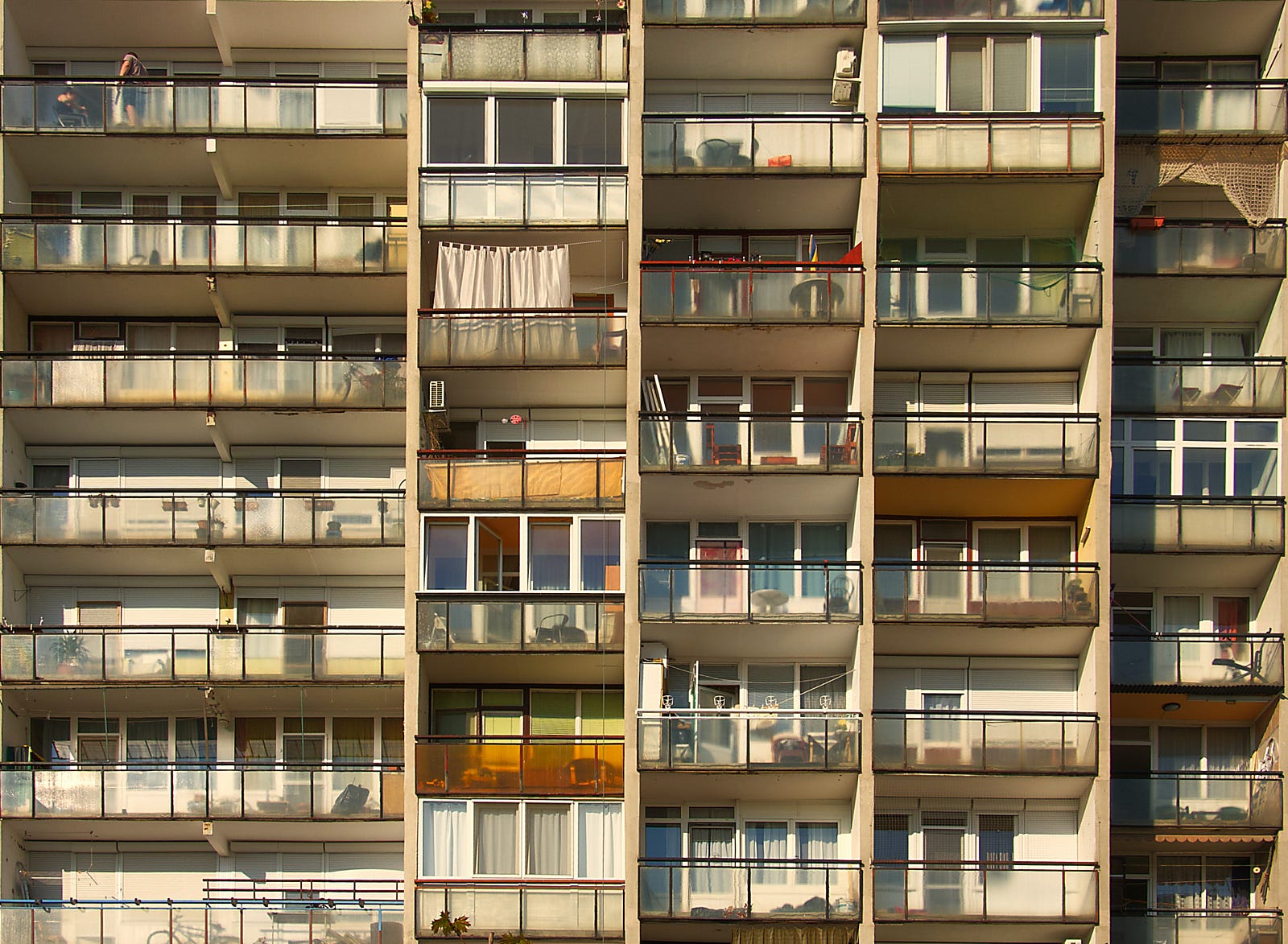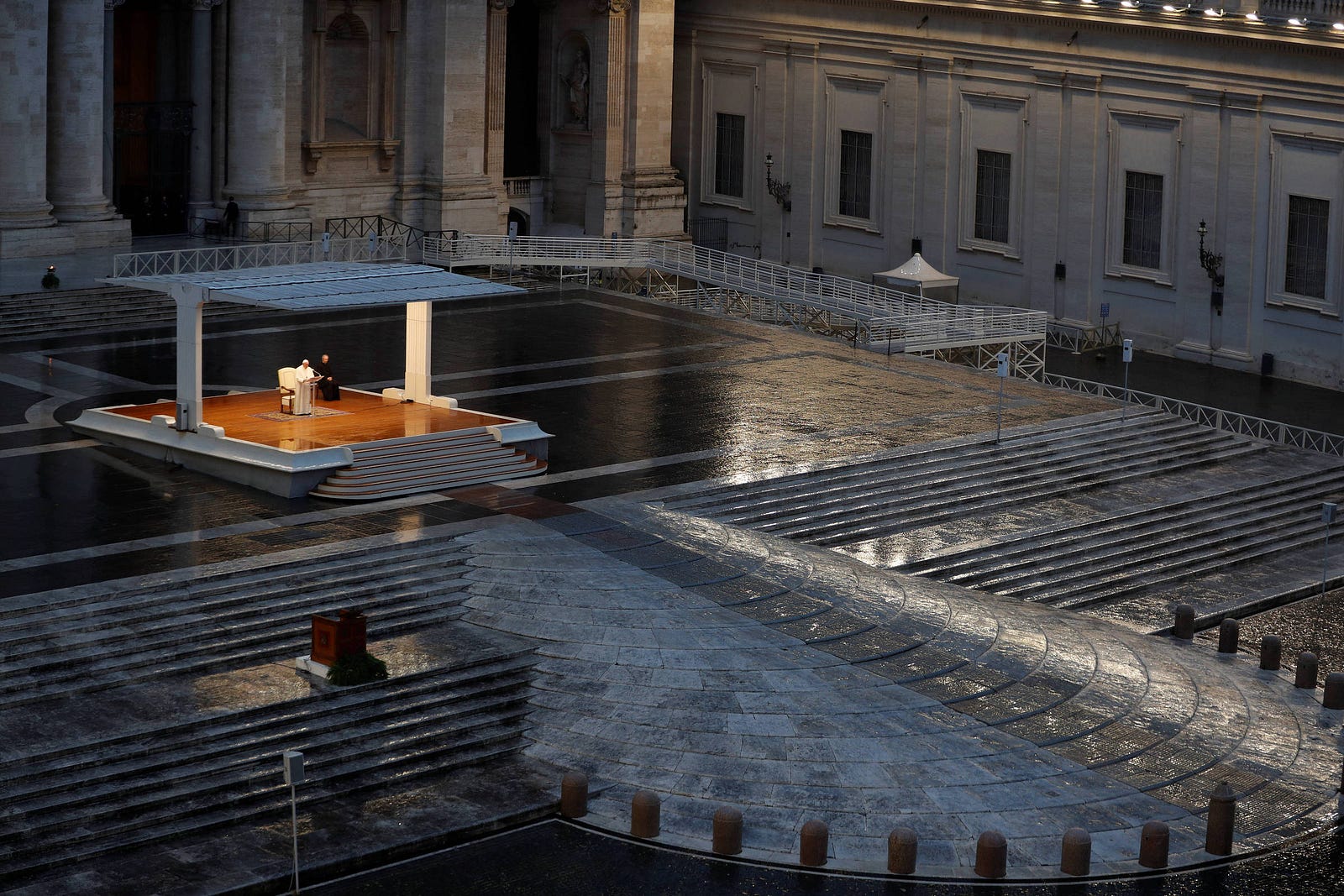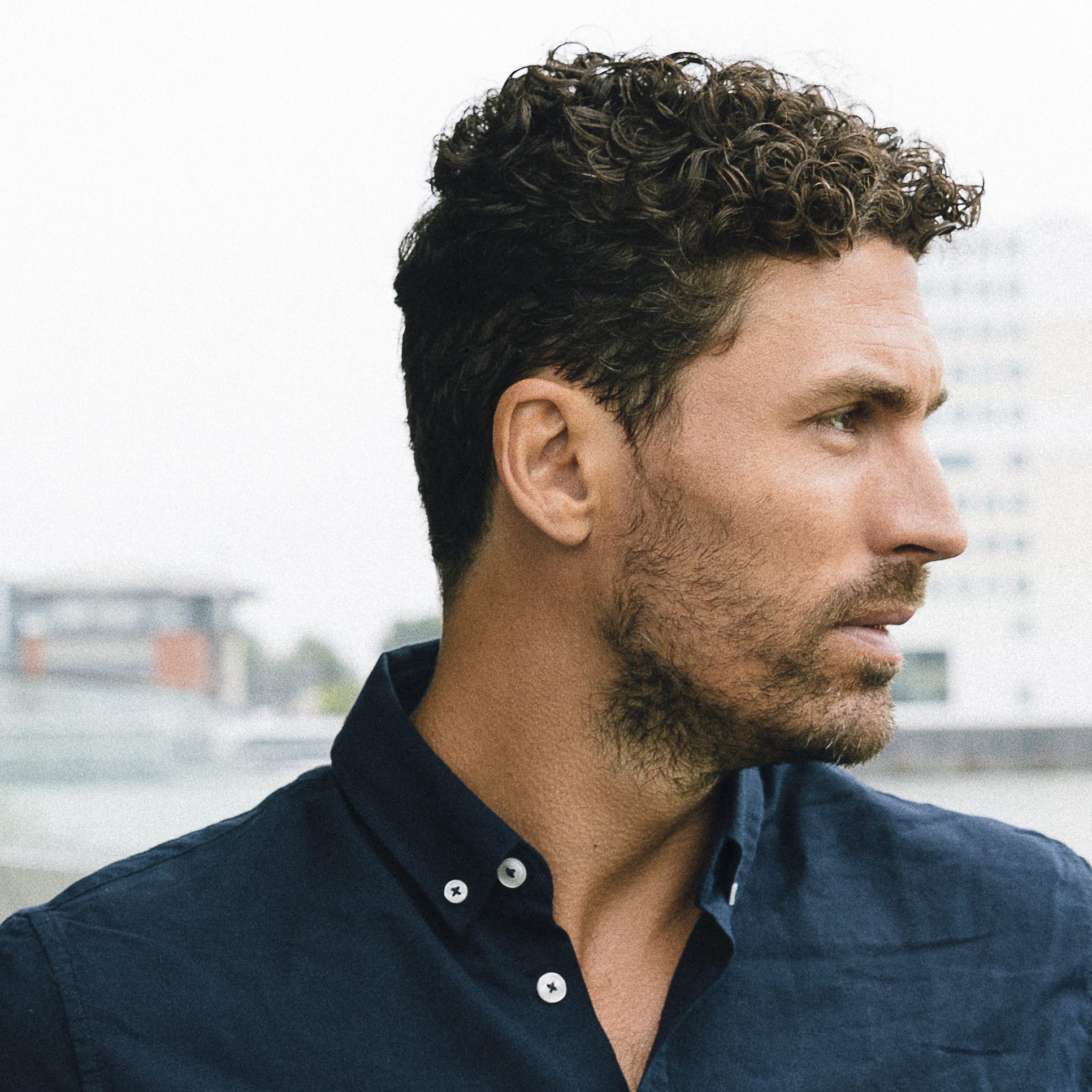
Nothing has quite altered our realities like the COVID-19 — the coronavirus. In a matter of weeks, the entire world has gone from its usual state of affairs into a massive, unprecedented, shutdown.
In the past month or so, all major news outlets that I can think of have been covering just one topic: the global pandemic. Quarantined at home, we have become “experts” in epidemiology and learned not just about the virus itself, but how countries around the globe have dealt with it.
The contamination rate is astonishing, the number of deaths, scary. Scenes of mass graves being dug in New York City, and of an ice rink turned into a morgue in Madrid were among the most shocking to me. Just as staggering as are the ones from police officers hitting civilians in the streets of India telling them to go home; or the ones from Brazil’s president walking into a bakery and demanding to be served while his entire country is asked to stay home, once again embarrassingly proving he lost his touch with reality.
In Sao Paulo, where I am at the moment, every night people go on their windows for a “panelaço”, or a very loud cry for change in how the federal government has dealt with the spread of the virus — known here as the crisis within the crisis.
It is in moments like these, when I hear people screaming from buildings around mine, that I ask myself: where have we gone?
This question does not focus only on the Brazilian situation, because it is not just through my bedroom window that I see such phenomena. I see it through other windows too—my computer screen and my TV.
Nevertheless, this question is a broader one. It aims at our global society, to be precise.

When I see politicians left and right shouting their views on the causes and effects of the pandemic, when I read articles about how the world is changing because of it, or when I see how people in all corners of the globe describing what they have been going through, I wonder what is the actual impact of the COVID-19 on us as a collective.
It is undeniable that, from a moral standpoint, the last 100 years were of excessive individualism. The win of capitalism over socialism is evidence of that, with the adoption of cars as its most symbolic icon, as well as the Me, Me, Me Generation and the cult of social media, seemingly giving freedom to our most innate narcissistic impulses.
Even though, we also saw examples that bridged over this individualistic path, such as the formation of the European Union and other social-economic blocks, now put at risk by another great wave of extreme nationalism not seen since pre-Word War II era, exemplified by the Brexits and the Trumps of the world.
It is in a world like this, connected yet fragmented, overpopulated yet under resourceful, gifted by modern technologies and yet burdened by surprisingly archaic problems, that the COVID-19 crisis was created — and not by the Chinese, not by bats, but by us. By all of us.
As a species, we are now called to deal with our worst enemy to date: ourselves. Like all others crisis, this is another one only experienced by us, however more than a health crisis, this is an existential crisis. It started with our mishandling of the only thing we should have never gotten detached from — Earth, it is affecting our “most cherished” invention — the economy. Still, all we talk about is how country A will be able to honor its debt, how country B will be able to create jobs, and how country C will be able to give money to those who need — once the contamination curve flattens. When will we realize that this is beyond our financial systems?
It is as if the virus had come to wake us up from our incessant and futile pursuit of what we call “growth,” and as a species we keep looking to our belly-buttons asking “how am I going to pay my bills?” We are faced with a macro-systemic challenge, and we insist on micro-narrow views.
When virtually everyone and every country (for that matter) will owe money to someone else at some level, what then is the question at hand here?
The point is not how we are going to pay each other. There is a more fundamental question about how we human beings got ourselves into such an intricate system that has turned our greatest advancement — globalization — into our biggest nightmare.
This may sound like a silly hypothetical scenario, but let us just imagine, for argument’s sake, what would happen if the world decided that weeks are made of four and not five working days? What would be genuinely at risk if the world as a whole had agreed on this idea?
It would hurt no one’s economy specifically, but at most, reduce the speed of our growth. That means that the only thing that would be slowed down is the rate of how we seem to be going-after-that-which-we-don’t-really-know-what-it-is. As a species in the works, the human project is ultimately a quest to find our own meaning in our reluctance to accept our universal insignificance.
In case we have forgotten, Climate Change still is a thing. Immigration still is a thing. Social inequity still is a thing. When will we stop, as we did for the coronavirus, to ask ourselves how long more will we pretend not to see where we have gotten?
In a recent turnaround, UK’s Prime Minister Boris Johnson, known to be one of the loudest voices advocating for Brexit and against social distancing shutdown measures, found himself at “God’s mercy.” After lying in a hospital bed with his life in the hands of a team of doctors and nurses, Johnson gave a speech to the media that shows exactly why, and how, the COVID-19 can unleash our most significant leap yet:
- It took him a trip to the hospital and the uncertainty of his survival to acknowledge what indeed is our most valuable asset: our existence.
- He had to lose air in his lungs to learn that the most important system we have is not the economy, but healthcare (unsurprisingly, the very system that directly grants our existence).
- Johnson had to see with his own eyes what this system is made of, and facing the camera, he spelled it right: it is made of love.
- Lastly, perhaps his greatest lesson of all: he found out that two nurses who kept his breathing possible 24 hours a day did not come from within the Kingdom he insists in isolating. In fact, they came from a neighboring country, Portugal, and an even farther one, New Zealand. Johnson learned the hard way that when our life is on the line, we don’t care who’s there to help us, as long as they are human.
Boris Johnson’s story is emblematic for two reasons. First, it comes from someone who until very recently downplayed the effects of the virus. Second, it comes from a global leader, from an influential country, who has been a visceral advocate of isolationism.
By no means, the experience Johnson just went through is a guarantee that UK’s policies will shift. And by no means, I think everyone should go through such experience to awaken. But it undeniable that his speech is a humbling and powerful turnaround, with the potential to inspire not only other global leaders, but the larger population as a whole.

Boris Johnson’s episode made me look at Pope Francis’ powerful speech given on March 27 from a new perspective. When I first read it, the part that caught my attention the most was, “We carried on regardless, thinking we would stay healthy in a world that was sick.” Under new light, I am now able to see that our greatest leap will happen when we accept that “we are brothers and sisters”, as says the Pope. We are humans, regardless of birthplace, insignificantly belonging to a universe yet meaningfully belonging to one another. If not for anything else, we are here for one reason: to love, each other, and our planet.
I wonder what kind of choices would we make, and where would they take us, had we lived by these ideas. Just another silly scenario?

